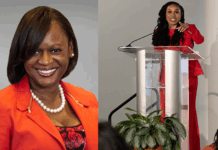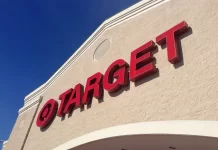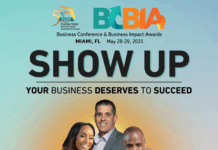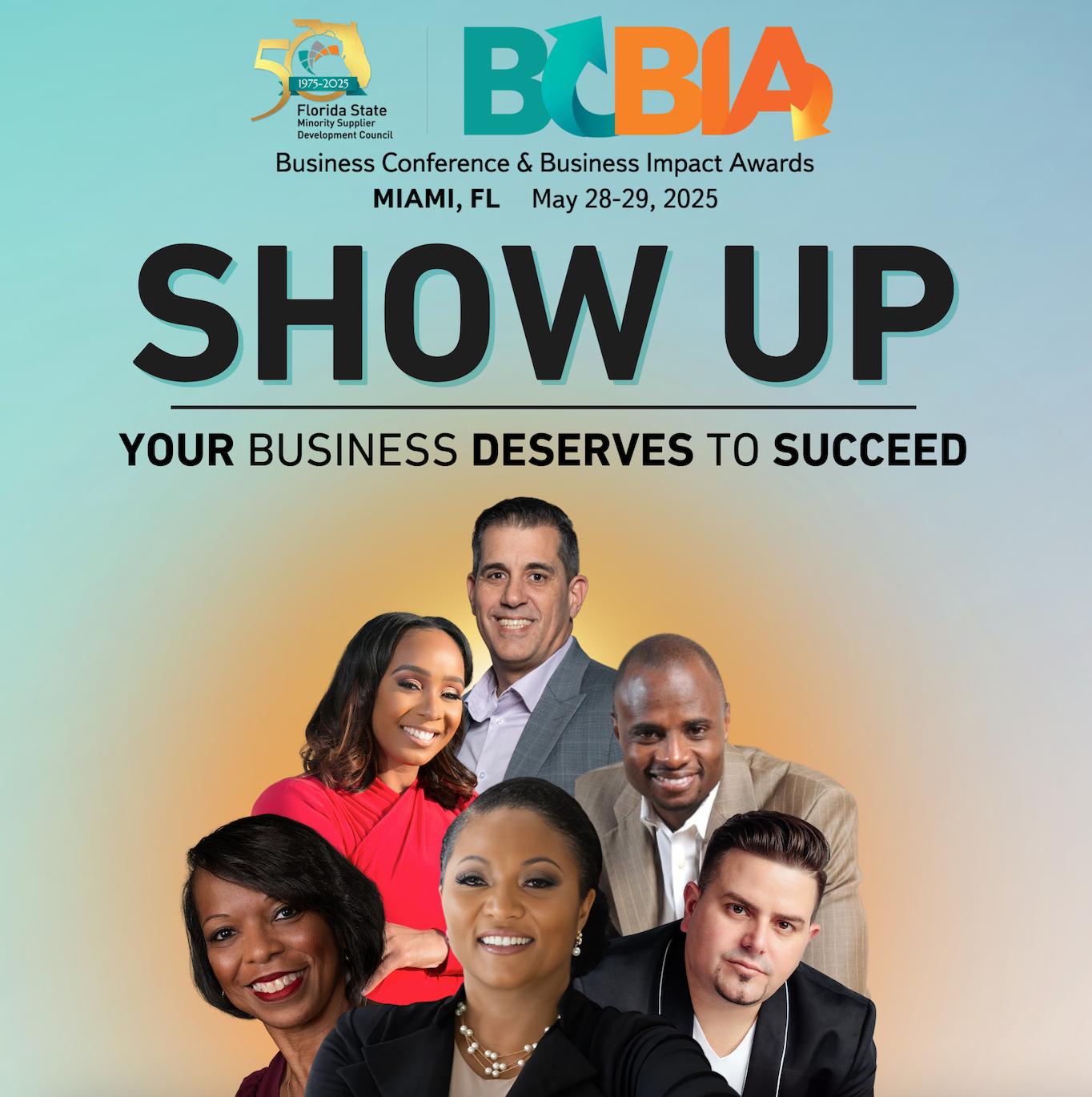Council District: St. Petersburg City Council District 6
Q1 – Please describe your approach to addressing issues of race equity (2000 character limit).
Race equity is about understanding where disparity exists and achieving closing those gaps. Here in St. Petersburg, we’ve finally reached the first step with Council accepting the Disparity Study. The next thing is determining how to close the gaps, and I believe the most sustainable and meaningful way to do that in these historically excluded communities is economically developing without displacing. We must capture the commerce that is currently taking place in the Black communities by seeding growth with those entrepreneurs and businesses that exist (100s if not 1000s of LLCs).
I will support community lead initiatives like the Deuces Rising, Sankofa, The Woodson African American Museum, and the Saturday Morning Shoppe. It will be just as important to tie the many education efforts together to work more succinctly. I will also look to foster stronger alliances with groups in other parts of the city like the Warehouse Arts District, the Edge District, Downtown, and North & West St. Petersburg. There are several organizations here that want to be involved with achieving race equity, so I believe this moment is ripe to bring about what I can envision as a small Harlem, New Orleans, or Atlanta right here in St. Petersburg.
Q2 – Please list three (3) key issues related to race equity. Briefly explain how they relate to race equity. (2000 character limit)
These are 3 (in no particular order) that are key issues for race equity in St. Petersburg:
#1 – Fair Opportunity – Many Black people have challenges with opportunities at every level because of how entrenched disparities, racism, and discrimination are in our nation’s systems. I spoke to a resident who has owned her home for 15+ years, 800+ credit score, little debt, but was denied a $10,000 loan from her credit union. A business owner talked with me about his unsuccessful experience of trying to acquire the lot across from his Barber Shop, although he had the capital and was in great standing at the time. These are opportunities denied to local Black residents that are directly related to race equity. Then of course there are the disparities like income, homeownership, car access, internet access, education, mental health, incarceration, and others that by default make fair opportunity more challenging for Black residents.
There is an abundance of resources available to the Black community but many of them exclude felons, have too low of income thresholds, or structural components that don’t relate culturally to the people they intend to help. This is why I think focusing on economic development through public-private partnerships, new alliances, and (most importantly) community-led action is the most immediate way to meet the challenge of local fair opportunity.
#2 – Morale – If we’re going to achieve racial equity in St. Pete and in the US in general, we must be honest about the discouraged mindsets of the marginalized. The crime rate, the under-utilization of resources, and other cultural components in music and entertainment show the defeated outlook so many possess. This nihilism is a key that gets overlooked too often by current wellintentioned efforts. W.E.B. Du Bois wrote about it in the early 1920s in “The Souls of Black Folks” & Dr. Cornell West in the mid-90s in “The Deeper Threat to Black America”. Essentially, the reality of self-realization and one’s place in the world has a profound effect on a Black person’s desires, ambitions, and motivations. This is very much visible in our Black communities.
This is a challenge that can only be met intrinsically with a resurgence of visible legitimate Black socioeconomic progression. The Black Community needs to see examples of Black success for unmotivated, uninspired, and cynical thinkers to re-evaluate their possibilities. Gone are the days where the Black Church maintains the community’s morale and morality. When on Council, I will work to bridge clergy leaders with local influencers to bring values back to the forefront of community discussions, but without economic viability, the people will not be moved. Morale is an anchor to faster race equity gains in St. Petersburg.
Q3 – Of those issues identified in question 5, which priority/priorities will you address first? How and why? (2000 character limit)
My economic plan is one that will address all 3 simultaneously — a clear agenda on establishing fair opportunities that achieve food access and provide the community more high performing local business leaders/mentors/commerce. This will be done by strengthening existing initiatives and building stronger alliances with groups like the Tampa Bay Black Business Association, Black Business Investment Corp, Green Book of Tampabay, One Community, The St. Pete Chamber, The Greenhouse, and the Small Business Enterprise at the county level. From there, the next step will be determining and implementing our method of maintaining responsible growth and balance just like the rest of the city.
The economic plan is based on years of studying politics, the Black community, disparities, history, the economy and economic drivers, and Americanism. For years now I have observed and participated in well-intentioned efforts to address race equity in St. Petersburg. I believe too many of the current initiatives focus on addressing the outcomes rather than the basis of perpetual Black disparities. I have tried to look deeper into the issues and think that education and reading gaps, crime, broken homes, debt, health disparities, and higher unemployment are by-products of the 3 key issues I have listed.
Prior to integration, the Black community’s disparities were mainly economic and issues like crime, broken homes, crippling debt and health were not plaguing the community like they are today. Segregation was merely a glass ceiling not a community decimater, with over 100 Black owned businesses thriving on 22nd St. in St. Petersburg in the 1960s. Once our society integrated, these businesses began to decrease as consumers left for white markets while the economic glass ceiling in the Black community was never fully removed. This is why in 2021, community based economic development and sustainability is the answer to meeting the challenge of race equity.
Q4 – Two ways I have previously worked to address race equity are: (1000 character limit)
#1 – Dedicated my Focus
I have studied the topic immensely to understand race equity from multiple dimensions. I traveled to South Africa to study abroad and compare the Appartied period with Jim Crow. I have interned and worked for the Dr. Carter G. Woodson African American Museum and have an astute understanding of our local racial history. I have worked and interned for Empact Solutions (Black, woman, veteran owned) doing leadership, civics, and cooking training with our Black Youth. I have worked and participated with organizations like One Community, NAACP, Urban League, IMA (Pastors), ASALH, and more.
#2 – Been Inclusive
I have so many white supporters and friends who respect my approach to solving this complicated issue. I have always been genuine about the issues we face in our world, but have the intentionality to be welcoming and conversational about racial and political topics. During this campaign, I have met with Republicans and don’t look to make adversaries out of political or racial counterparts. I believe my approach brings more white people comfortably into having the conversations surrounding disparities and race equity — conversations that with others have no viability.
Q5 – Two ways I will collaborate with others to create more equitable systems are: (600 character limit)
#1 – Alliances – I have mentioned the organizations I want to work with and my desire to build stronger alliances with those parties. The city flourishes from public-private partnerships and there is so much room for utilizing our local talent to meet some of our greatest needs.
#2 – Projects – I also mentioned several community led initiatives I am prepared to support. I think the right alliances can make these projects reflective of the Black community while appealing to and benefiting our entire city.

















